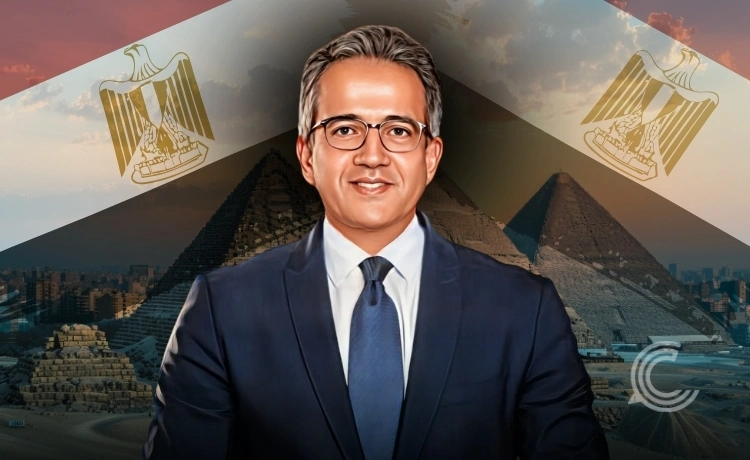UNESCO Set to Appoint El-Enany Despite City of the Dead Criticism

- Dr. El-Enany secured a decisive victory in the UNESCO Executive Board vote, winning 55 out of 58 votes, which positions him strongly for formal confirmation by the full General Conference.
- Critics, including international heritage groups and Egyptian experts, have raised alarms over El-Enany’s oversight of infrastructure projects that led to the demolition of parts of Cairo’s City of the Dead, a UNESCO World Heritage site.
- The confirmation would make him the first Arab head of the United Nations Educational, Scientific and Cultural Organization (UNESCO), a development hailed by Arab and African nations as a correction of “historical injustice.”
The global cultural community is keenly observing the formal confirmation of Dr. Khaled El-Enany as the next Director-General of UNESCO. The Egyptian former Minister of Tourism and Antiquities is set to take the helm, a diplomatic victory for Egypt, yet his appointment is clouded by sustained controversy regarding his domestic heritage record, Reuters reported.
Dr. Khaled El-Enany is an accomplished Egyptologist and academic, with a background that includes managing major museums and spearheading high-profile events like the Pharaohs’ Golden Parade. However, his tenure as Egypt’s Minister of Antiquities (2016–2022) is the focal point of the current international debate surrounding his suitability for the leading role at UNESCO.
The most significant point of contention is the alleged systematic neglect and destruction within the City of the Dead, the historic necropolis of Cairo, which has been designated a World Heritage site since 1979. During his time in office, heritage groups accused El-Enany’s ministry of failing to adequately register and protect key historical tombs and mausoleums. This, critics argue, paved the way for urban development projects, particularly new roads and bridges, to cause extensive damage.
Backlash Over ‘City of the Dead’ Neglect
A coalition of over 50 organizations and experts, led by the Berlin-based NGO World Heritage Watch, urged UNESCO member states to reconsider his appointment. In a publicly released letter, the group stated, “It is irresponsible to entrust someone with such a past with the top job at the organisation responsible for preserving world heritage “ reported by Modern Diplomacy.
Egyptian activist groups have been particularly vocal. They point to specific quotes attributed to El-Enany during his ministerial career that appeared to downplay the importance of heritage preservation when balanced against modern development needs. For example, he was quoted as saying, “If we register every building that’s a hundred years old as a monument, we’ll end up registering half of Egypt.”
Such statements, along with accusations of “erasing a huge part of Egypt’s history” by allowing demolitions, have created a deeply polarized narrative around the candidate. The UNESCO World Heritage Committee itself has previously expressed concerns over the neglect in the Cairo Necropolis, raising the threat of it being classified as a site in danger.
Diplomatic Momentum vs. Heritage Integrity
Despite the substantial backlash, El-Enany’s candidacy gained immense diplomatic momentum. His nomination was strongly supported by the Arab League and the African Union, who framed the bid as a matter of long-overdue regional representation in the leadership of the global organization. The Egyptian government has consistently defended its urban development, maintaining that all registered monuments were spared and arguing that the infrastructure projects are vital for modernizing Cairo and boosting tourism.
Upon his Executive Board victory, which saw him defeat Congo-Brazzaville’s Edouard Firmin Matoko, El-Enany promised to create “a UNESCO for the people” and focus on streamlining bureaucracy. He has also pledged to tackle the organization’s significant financial challenges, particularly after the announced withdrawal of the United States.
The confirmation, set to take place at the General Conference, will mark a major diplomatic triumph for Egypt, but one that begins with the difficult task of unifying a deeply concerned international community while navigating a contested personal heritage record.



